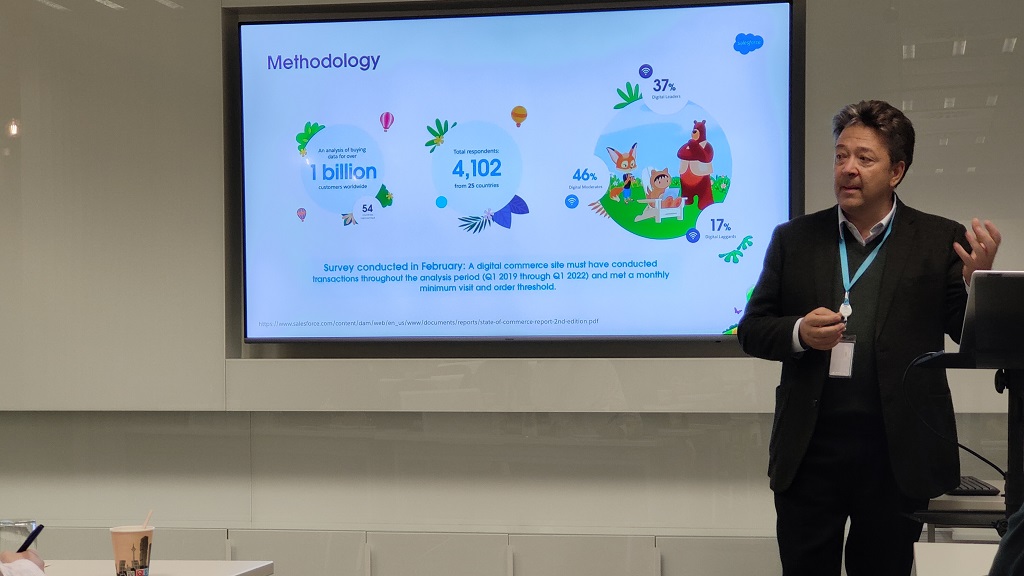
In the Cloud Complexity Report 2023 edited by NetAppthe conclusion is drawn about the need for the business cloud to adapt to the digital transformationat new AI implementations and the complexity of multi-cloud environments. If organizations do not adapt to these new changes, performance, productivity, income level and the line of growth will be diminished.
The study reveals that 98% of senior IT leaders are affected by this situation. For 37% of managers worldwide and for 33% of Spaniards in general, it is essential to use artificial intelligence to adapt to changes in multi-cloud environments.
For ronen schwartzsenior vice president and general manager of cloud storage at NetApp, as cloud adoption accelerates and companies innovate faster to compete, technology leaders are under increased pressure, forcing them to Vary your strategies to gain efficiency and security.
For his part, gabie Bokodirector of marketing for NetApp, believes that the survey data demonstrates the complexity of modern IT environments and the high pressure to which technology executives are subjected to reflect the results of their cloud investments.
Cloud investment levels
Despite the apparent optimism that is extracted through the report, Spain continues to be at the tail of the fight for the incorporation of AI in this field, as countries such as France and Japan expect to grow by up to 73% by 2030. 22% of Spanish technology managers will invest in AI scalability and automationalthough below the figures that will invest in Germany (25%), France (32%) and the United Kingdom.
In Spain, investments will focus on reduce the degree of complexity of the cloud environmentin 29% of cases, followed by the need to support hybrid environments (27%) and increase data security (24%).
In this line, 39% of global technology managers say that will invest in cloud to expand its AI operations, since business innovation is one of the main drivers of investment in the cloud. In the case of Spain, 45% of those surveyed see business innovation as the main engine for investment. AI can offer companies an increase in their efficiency levels, competitiveness and automationas well as a significant improvement in decision-making in increasingly complex and distributed environments.
Benefits of AI in multi-cloud environments
The vast majority of the technological leaders surveyed are aware of the great value that it has to achieve the enterprise cloud revolutiontherefore, if its implementation is advocated, it will be achieved improve security and risk analysis capabilities. An opinion that is shared by 45% of Spanish managers, 46% of the French and 45% of the English and German.
Another great advantage that it would bring with it would be the ability of the AI to help develop new and more efficient products and servicess, something shared by 32% of the Spanish managers surveyed compared to 40% of the German managers.
The goal of any business strategy should be improve customer experiencesomething that becomes essential for German managers, as 42% of them highlight its importance, compared to 33% of Spanish managers.
Similarly, the automation of routine activities and increased production These are two great benefits that the incorporation of AI in the multi-cloud environment brings with it, and that are supported by 43% and 34% of Spanish technology managers, respectively. These figures are 41% and 37% in Germany, 34% and 39% in France and 31% and 29%, respectively, in the United Kingdom.
Nearly half of technology executives at small companies (fewer than 250 employees) expect the cloud will be underpinned by AI-powered applications next yearincreasing the percentage to 63% by 2030. Leaders working to execute in the cloud are the ones who care most about things like cost and complexity.



